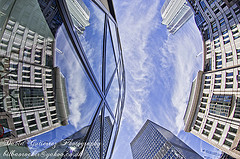
The move brings tremendous relief to the hotel industry, which is recovering from a severe income crisis following the pandemic. The property tax exemption is welcome after the industry has experienced a downturn with the first and second wave of Covid-19 cases. This step will definitely boost the hospitality sector and a good step by the state government.
On Monday the state government announced full exemption from property tax for hotels, restaurants, resorts and water parks in the fiscal year 2021-22.
The state also announced the revocation of flat electricity bills. So the hotel owners, restaurateurs, resort and water park owners only have to pay for the electricity they use.
It will ease financial burden on hoteliers
Jay Sudhakaran, general manager, Novotel Ahmedabad said, the industry felt neglected due to staff restrictions in companies and hotels that are not considered frontline workers. The news is a welcome change and would help many businesses who are struggling with COVID situation.
The Hotels and Restaurants Association (HRA) and the Gujarat Food Entrepreneurs Alliance (FEA) in Ahmedabad have issued statements and representations to the state government in this regard. On Monday afternoon, a meeting held between HRA representatives and Chief Minister Vijay Rupani, after which the decision was announced.
Narendra Somani, president, HRA, Gujarat said, rising rents, rising operating costs and lack of revenue due to the restrictions have severely impacted the restaurant and hotel businessess. The decision to abolish fixed electricity costs and property taxes will reduce the financial burden on hoteliers.
Also read:-
Greater Noida development body starts new industrial plot scheme
Chandigarh Housing board set up help desk for property auction


